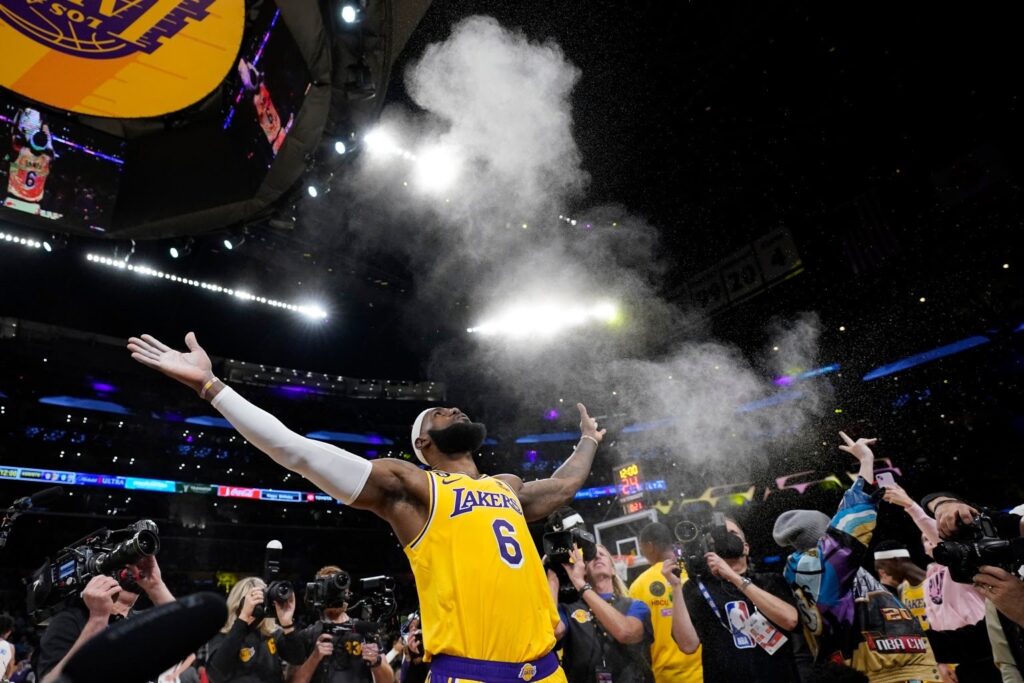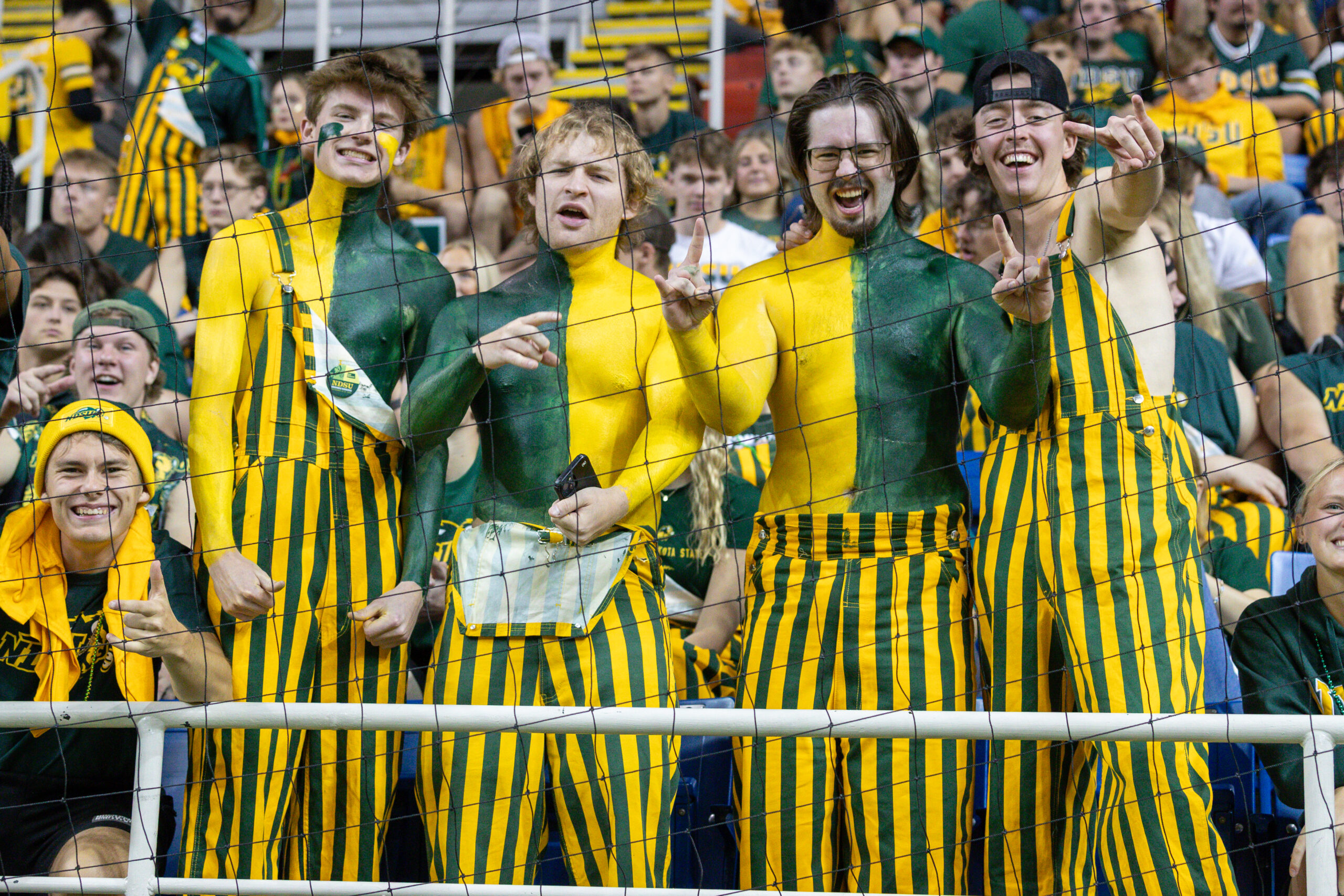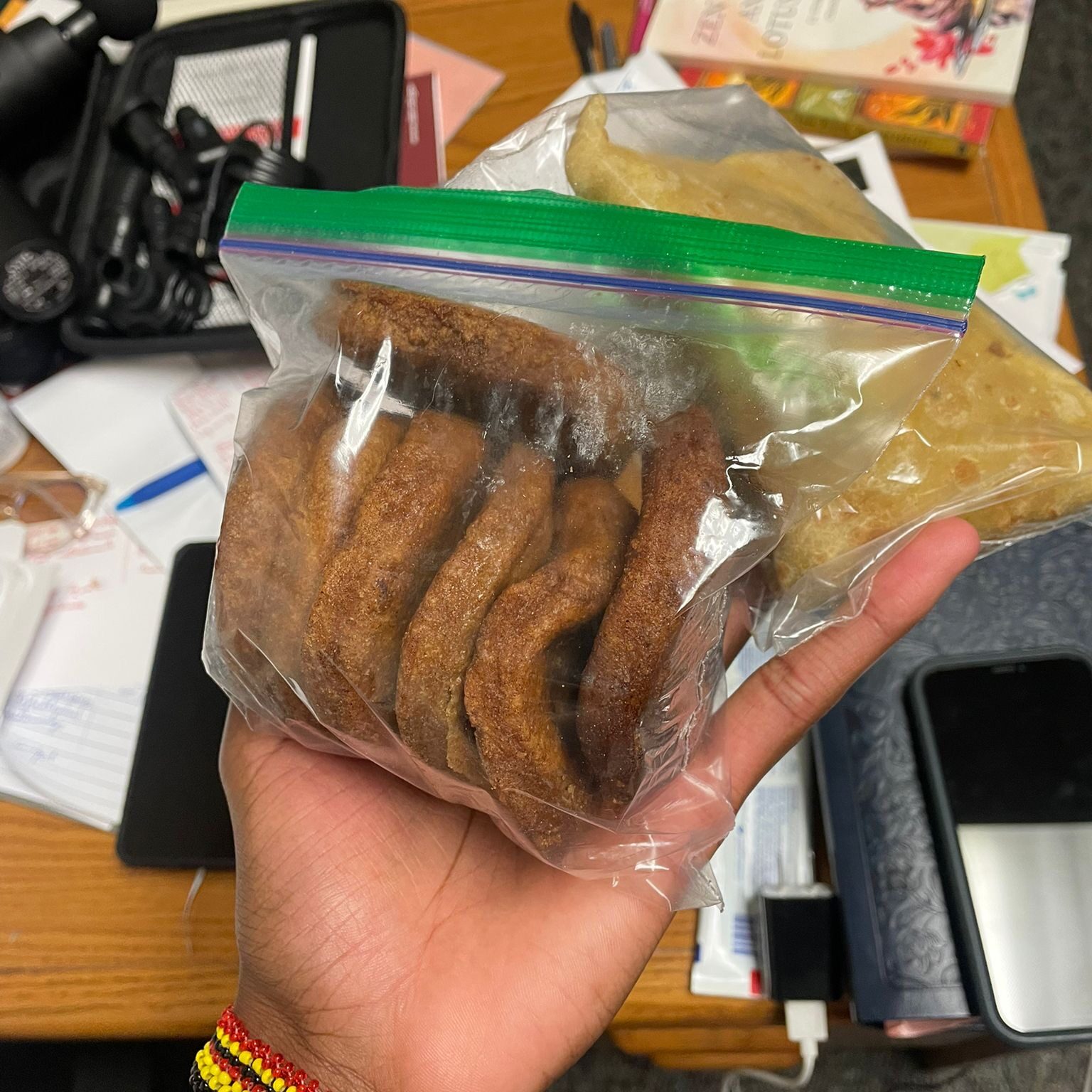During the TotalEnergies CAF U17 AFCON qualifiers, a video circulated showing one of the technical team members of the Mali soccer team walking to Morocco’s goalpost. He walked so casually like he was going to inspect the ground. He seemed unbothered by the fans in the stands behind the goalposts as he reached deep into his posts, picked some unidentified fetishes, and placed one under each goalpost. He walked away proudly like he had accomplished his duty for the day. Interestingly, Mali lost to Morocco in the penalty shootout (4 – 2) after the game ended 0 – 0.

A couple of days after watching the bizarre video of the Mali guy, I came across another video of a Kitara player in the Uganda premier league sprinkling a white powder in a questionable manner around the center of the pitch. It was like a child stealthily picking sugar from the sugar bowl and accidentally pouring it on the ground. The player who walked pretentiously following a soccer ball that had been kicked to enable him to carry out the act dipped his hand into his pocket and sprinkled the white powder out onto the field. Kitara won the game.
There have been other interesting scenarios on the international scene. Like in 2000, during the AFCON quarter-finals, a Nigerian official ran onto the pitch to remove some juju which had been planted behind the Senegal goalposts. And generally every time there is AFCON, juju is part of the games, both for the fans in the stands chanting on their teams and the players in the field.
There are many superstitions about using juju in sports and it cuts across all the sports. One of my trainers often told me, “Be careful who you associate with on the court. Some people will lock your success.” He repeatedly told me about a young man who played for the old Falcons Basketball club in Uganda. Even on days, I felt like reminding him, “Oya, this is the 100th time you are telling me this story,” I would quietly listen to him. So last summer when I went home for the break, I was recovering from my first ACL surgery. I met the same trainer and we chatted a bit. He pitied my situation, “Oh, how can you come from Uganda to go and get injured in America?” before he added, “But usually these misfortunes have something tied to them. Look through your friends.” I knew what he was alluding to – witchcraft. I played dumb because that is an arena I don’t want to acquit myself with.
The heavy superstitions around sports always leave me wondering why all these guys who practice juju in sports are not the most decorated or have the highest salaries on teams. At times I pulled to believe their actions are just daily superstitions anyone would hold; like when we were growing up, we were told if we met a black cat early in the morning, we would have the worst day ever. I attended day school for all baby through top class. Imagine how I would be tensed up to meet a black cat every morning as my father walked me to school. Probably, these athletes have developed such superstitions which are best displayed in items and powders.
For those familiar with the NBA, every time Lebron James comes in for a game, he makes a splash of white powder above him near the technical table. Does this equate to our African juju in sports? If an African player did this before a game, how would the media perceive him or her? When we look at other international athletes like Micheal Jordan who played all his professional games with his college shorts underneath his Chicago Bulls jersey, Serena Williams who used to wear one pair of socks throughout the tournament (even if it meant rebounding them without washing them) and tie her shoelaces exactly the way, and I found a pretty interesting superstition by an Olympic surfer, Carissa Moore, if her husband doesn’t wear socks on the day of her competition, she will lose, and if he wears socks she will win.

Not to justify African juju, but these practices by the pro athletes seem like they are grounded on the same beliefs as the African athletes juju. But where it’s a hard line to cross, is that often African juju especially in games seems to be looking at causing harm to the opponent beyond granting a win to the team.
One casual evening on Nakasero Hill, I picked up a conversation with a player from Burundi. He had good basketball handles but wasn’t yet registered with any team in the league. He was hopeful a team, particularly KCCA, would sign up. To my amusement the guy had played in Burundi, Kenya, and lately DRC. He earned the most money while in DRC. He kept emphasizing, “DRC has money.” So I asked him, “Why did you leave?” He told me about the stories of juju in the league. The funniest story was during a heated-up final game series where the opponents were believed to have smeared some form of juju at the entrance to the arena. When his team was tipped off, they were all mandated to enter the arena through a window. I laughed so hard at the superstitious idea. He said, “You are laughing. Have you ever watched a game where three-quarters of the team’s shots are aborted? It’s because teams smear those charms around the rims of the hoops and the entrances to the arena.” Who was I to doubt his experience?
Juju – witchcraft – will forever remain a mystery in African sports. Different Federations and governing bodies across Africa have rules and regulations against the act of using juju, especially in soccer. But it gets tricky to understand the context within which it operates. One wonders, does the juju take on a spirit form during the game and assist the users in having a better performance? A term often used in soccer, (just like the basketball player told me about the ball not entering the rim), is locking the goalpost. Apparently, the juju, placed under the goalposts, locks the goalposts and prevents the opponents from scoring and when the posts are exchanged at halftime, it unlocks the goalposts.
This year will end with AFCON taking place in Morocco. Uganda qualified after a dry spell of six years without playing on the big stage. Uganda’s athletes are no strangers to the use of juju in soccer. I hope we can bring the trophy home for the first time. But if it’s a battle of juju, Uganda stands a lesser chance of looking at some of the teams whose countries have a long tradition of juju – Nigeria, Cameroon, Mali, and DR Congo. Nevertheless, all the best to the Uganda Cranes as they wave the flag high at the end of the year.
If you haven’t noticed bigfoot stories has a new home. Don’t forget to subscribe, engage, and share. You can subscribe here. Thanks for engaging with my blogs.


